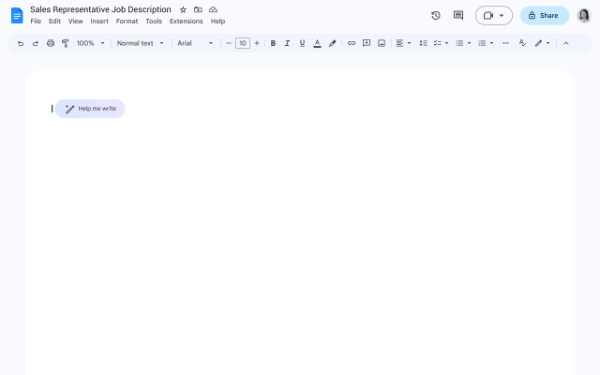The Chronicle of Higher Education has a forum newsletter series on teaching written by Beth McMurtrie that had a post recently summarizing what they have learned after 5 years of doing the series. As it states, teaching is "An Ever-Changing Profession" and yet I find that many things about teaching are still the same as when I first went into a classroom in 1975.
When I moved out of the classroom as a full-time teacher in 2000, one of my roles was to teach professors. Though the department I ran was instructional technology, I was also tasked with holding sessions on pedagogy. At first, I wondered if college faculty would have a real interest in topics like assessment, grading strategies, creating assignments, and leading discussions in the classroom or online. But in the early sessions, those who did attend (it was voluntary most of the time) often said things like "I try to do what my best teachers do and not do what the bad ones did" and "I never took any courses in how to teach." Those faculty were interested and had spent their academic lives focused on their subject matter and, especially at STEM institutions like NJIT, research and getting grants were the real foci of concern and attention.
It is noted that "teaching has become an increasingly public enterprise," but some say “teaching is a private act.” Certainly, the K-12 classroom has become more public and parents and the community have always played a greater role in what happens in classrooms than compared in colleges. The newsletter points to possible changes to that dynamic, citing "find a teaching buddy, bring the department together to talk about teaching, create teaching communities across campus."
The pandemic and classes going online K-20 put teaching practices more in the public and into homes. Again, that was more so in K-12, but also for higher ed. Schools also held workshops to help faculty shift their teaching and some virtual support groups appeared with topics ranging from how to use Zoom to how to grade participation online.
Though I "learned to teach" as an undergraduate with an education minor in order to be a certified secondary school teacher, I really learned how in my field experiences and even more so in my first few years of actually being a full-time teacher. Like those professors, it took being in a classroom, creating lessons, grading work, and all the day-to-day tasks for me to really learn to teach. But I did have all the theories, practices, and philosophies before I became a teacher to refer to and use. I had tools.
I used a lot of that training in doing my own training sessions for professors. They were always somewhat amazed at all the research that had been done in pedagogy. They were more surprised at hearing there was such a thing as andragogy which addressed the age group many of them were teaching. It shouldn't have surprised them that there was a vast amount of educational research available, after all, it was what most of them did in their own fields. I always suspected that some of that surprise came from an attitude that teaching was less of a science and more of an "art" - like being able to draw or play an instrument. The "A" in STEAM had not found its way into STEM.
The newsletter has covered research universities creating teaching tracks to try to improve educational outcomes and reduce faculty burnout. Innovative forms of teaching, such as inclusive teaching and active learning, are ways that faculty begin to rethink classroom strategies.


